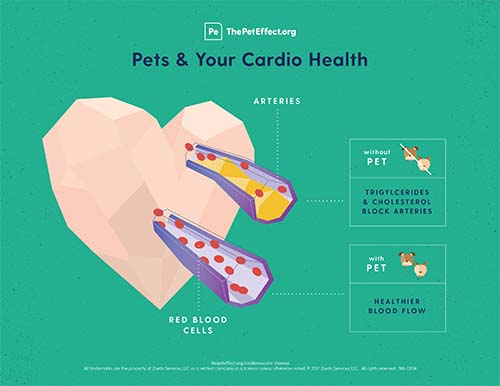Human Animal Bond Research Institute Awards Grant to Colorado State University
Washington, D.C. (January 5, 2023) — The Human Animal Bond Research Institute (HABRI) today announced funding for a new research project at Colorado State University to study the impact of temperament and stress on the health and success of working dogs.
This pilot study aims to measure the Allostatic Load (AL) of dogs, which is understood as the ‘wear and tear’ on the body due to chronic or frequent stressors. Widely published in human health literature, AL in humans is affected by genetics and personality, and high AL is a predictor of negative health outcomes including heart disease and cognitive decline. After successfully validating AL in primates, the research team seeks to validate canine AL for the first time.
“Developing a reliable method of measuring chronic stress will help ensure we are taking proper care of working dogs as well as pet dogs,” said the Principal Investigator of this project, Barbara Wolfe, DVM, Ph.D., DACZM, Colorado State University. “If successful, this tool could be utilized to predict success in working dogs and identify when working dogs are experiencing unhealthy levels of stress.”
This study will analyze early life events and lifestyle factors that may influence AL in Labrador Retrievers raised to be trained as guide dogs as well as Labrador Retrievers raised as pets. Researchers will use blood sampling to compare biomarkers associated with AL to these lifestyle and event factors to determine any association between AL and potential stressors. While many studies to date have used a single biomarker, such as cortisol, to determine canine stress, measuring AL tests multiple biomarkers of stress which allows for a more accurate measure of the accumulation of stress over time.
“This project reflects HABRI’s deep commitment to animal care and welfare,” said Steven Feldman, President of HABRI. “Understanding how to improve the lives of our canine companions is crucial to strengthening the human-animal bond.”
About HABRI
HABRI is a not-for-profit organization that maintains the world’s largest online library of human-animal bond research and information; funds innovative research projects to scientifically document the health benefits of companion animals; and informs the public about human-animal bond research and the beneficial role of companion animals in society. For more information, please visit www.habri.org.
Contact
Logan Trautman
logan@inspireprgroup.com
412.915.4038
###





